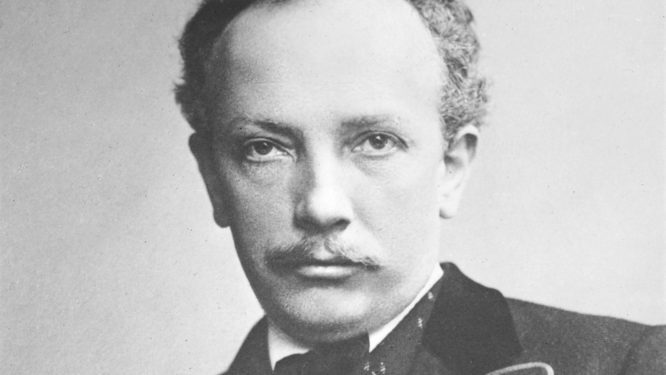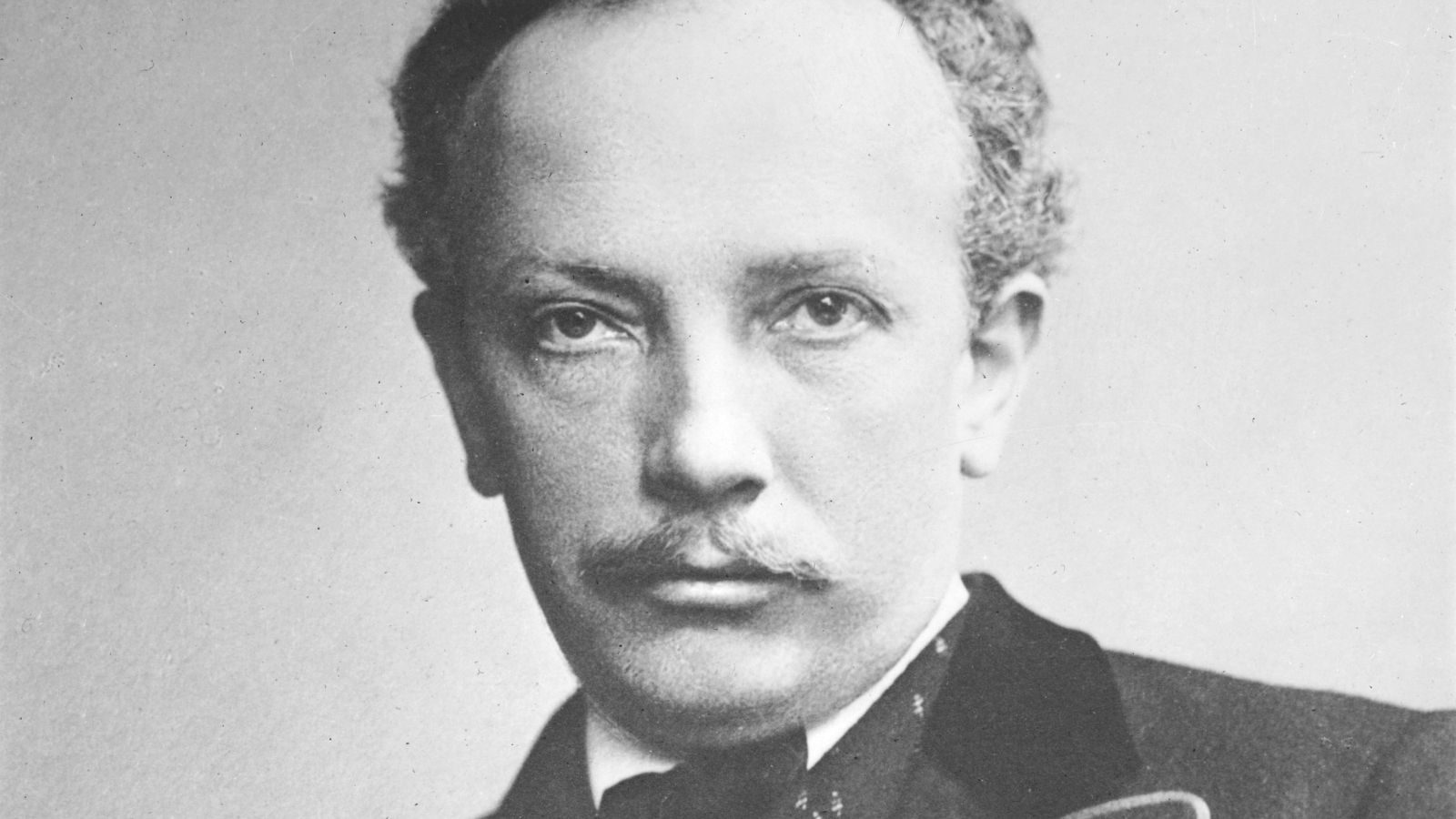Richard Strauss

DATES
Born June 11, 1864 in Munich, Germany
Died September 8, 1949 in Garmisch, Germany
NATIONALITY
German
STYLE/PERIOD
Romantic 1820-1910
FAMOUS WORKS
Don Juan, Till Eulenspiegels lustige Streiche, Also Sprach Zarathustra; Ein Heldenleben, Salome

BIOGRAPHY
Richard Strauss’s father, Franz, was a professional horn player who taught his son about music from a very early age. Richard was composing at the age of six, and his first symphony composition was performed when he was only 17! When Strauss was 21, he became the conductor of the Meiningen Orchestra and later became the junior conductor at the Munich Opera.
As Strauss entered his mid-20‚Äôs he began exploring a new type of composition called a ‚Äútone poem‚ÄĚ ‚Äď a piece of music that is meant to tell a specific story with instrumental sections of the orchestra representing certain characters. It was tone poems such as Don Juan and Till Eulenspiegels lustige Streiche (Till Eulenspiegels Merry Pranks) that allowed him to be recognized in Germany as a leading and modern composer. Strauss had a very good sense of humor, and would often include himself in the stories that he wanted his tone poems to tell. In his Ein Heldenleben, Strauss patterned the life of the ‚Äúhero‚ÄĚ in the story after his own life, and the life of the ‚Äúbad guys‚ÄĚ as those of music critics. In his Till Eulenspiegel‚Äôs Merry Pranks, he made the main character a mischievous and curious prankster ‚ÄĒ just like himself!
Strauss also wrote opera and continued to conduct. Many of his operas had controversial subjects or characters, and always caused great discussion when they were performed for the public. During World War II, Strauss struggled with being German and working for the State Music Bureau of Germany when he disagreed with the Nazis and their ideas and actions. He protected his Jewish daughter-in-law during the war as well as his part-Jewish grandchildren. Stefan Zweig, the man who wrote the words for his operas (a librettist), was Jewish and was not allowed to work with Strauss as the war grew. The German Nazis read many of his private letters in which he expressed his disapproval with them and warned him that he was expected to be faithful to the German cause. Still, Strauss disagreed with their ideas, privately. After the war, he wrote Metamorphosen, a piece for 23 solo strings that reflected the sadness of the times.